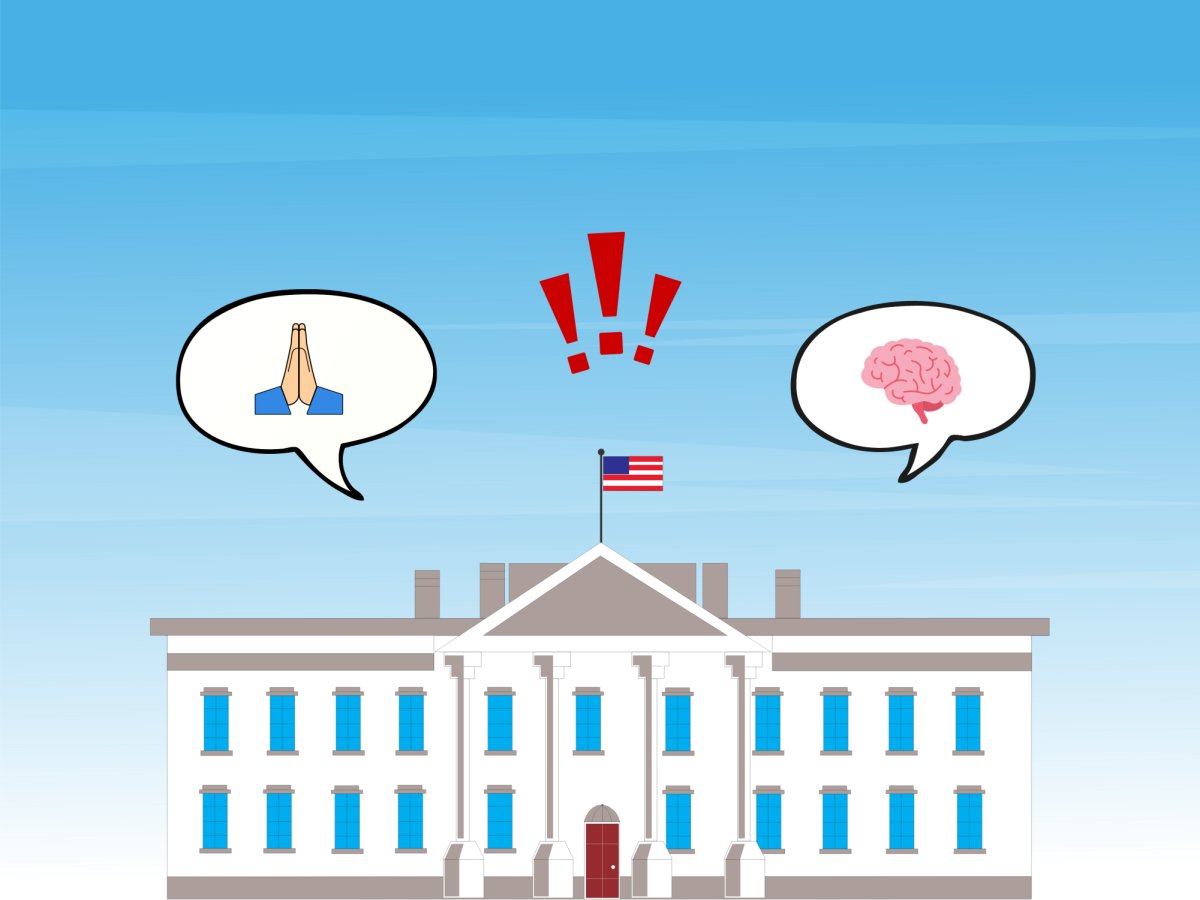When a state mandates that religious materials be displayed in every public school classroom, it sends a clear message: Public schools are no longer neutral spaces. Across the U.S., legislators are attempting to turn classrooms into platforms for Christian nationalism, placing one faith above all others and challenging constitutional principles designed to protect religious freedom.
Louisiana became the first state to pass such a bill, requiring the display of the Ten Commandments along with a state-approved “context statement” explaining the importance of Christianity to the history of the United States. Texas followed suit with the signing of Senate Bill 10 mandating displays of the Ten Commandments. Similar efforts were seen in 2022, when Texas lawmakers approved a law requiring schools to display “In God We Trust” posters in schools under various guidelines, reframing the nation’s official motto from a civic emblem into a religious endorsement.
The Supreme Court previously struck down a law demanding the display of the Ten Commandments in 1980, citing the First Amendment’s establishment clause as reason for the unconstitutionality. More recently, the 5th U.S. Circuit Court ruled against the state of Louisiana’s mandate, reinforcing the constitutional provisions preventing one religion being favored above all others. Yet, with the current Supreme Court’s stray from legal precedents, it is unclear how the justices would decide a case like this if it was presented to them today.
Public schools must serve as a neutral space for students to come together to learn how to think, not to be told what they must believe. These mandates are nothing less than an attack on religious freedom and the First Amendment. Courts must rule in favor of the law, emphasizing that the government has no authority to indoctrinate children in the Christian faith, or any faith for that matter.


















































